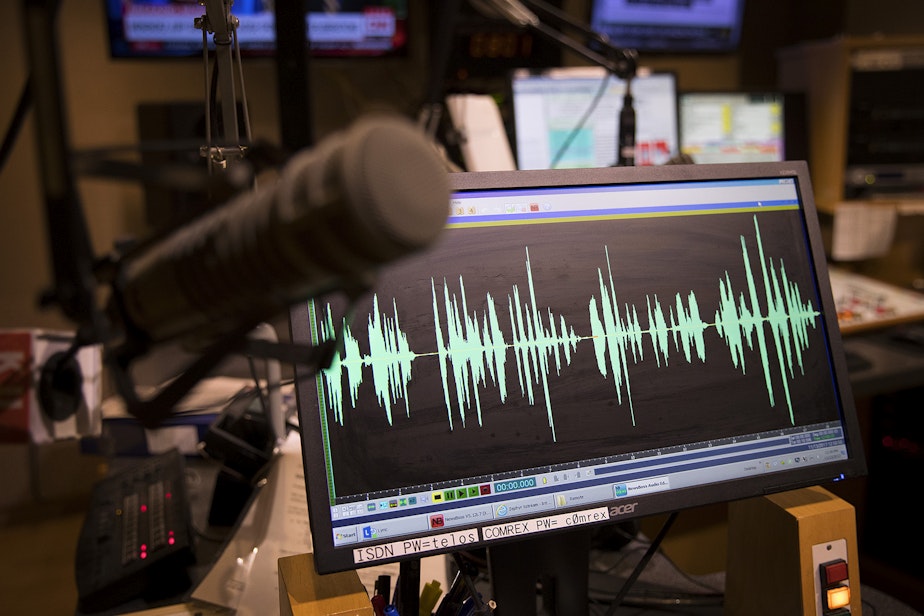Hot take on Seattle schools social media lawsuit: 'Moral panic'

Every other week, we bring you a segment called "Sound it Out," to broadcast your thoughts about the show and answer questions about stories we've covered.
So we’re circling back to a segment we did earlier this week.
On Monday, we took a deeper dive into the push to ban TikTok on government devices, and possibly nationwide. Lawmakers supporting the push say that the user data TikTok collects could be misused.
And the timing of that segment corresponded with a new lawsuit filed by Seattle Public Schools against social media companies, including TikTok. According to a statement released by the district, SPS is suing these companies for creating “a youth mental health crisis.”
KUOW’s Morning Edition host Angela King spoke to Dr. Dimitri Christakis, the director for child health, behavior and development at Seattle Children’s Research Institute. He says that researchers have been concerned about the impact social media has on young people for some time.
"Many of us who have been researching the effects of media on children have been concerned for a long time about the negative effects on children's emotional and mental health as well as other developmental outcomes," Christakis said.
But not everyone is so sure about the suit though. Dr. Katy Pearce is an associate professor in the Department of Communications at the University of Washington. She says the suit is an example of technological determinism.
Basically, it’s what happens when people attribute cause to technology itself.
She says the idea that Instagram and TikTok are causing a mental health crisis gets power because of the age of those involved.
“When we're talking about kids, this amps up 1,000 degrees. And when we're thinking about how these things can affect kids, people tend to fall into what we call moral panics," Pearce said.
Pearce doesn’t deny that there’s a serious mental health crisis among young people right now. She works with college students, and witnesses their stress and anxiety firsthand.
But she says arguing that social media is responsible for that crisis is a misstep.
Listen the full segment above.


